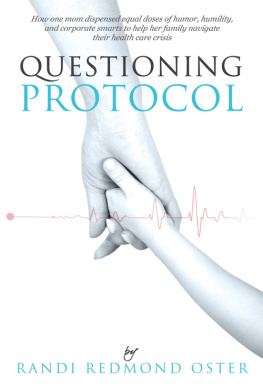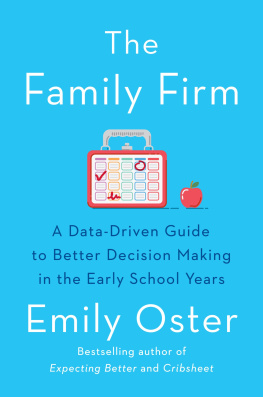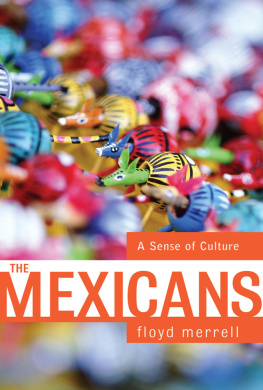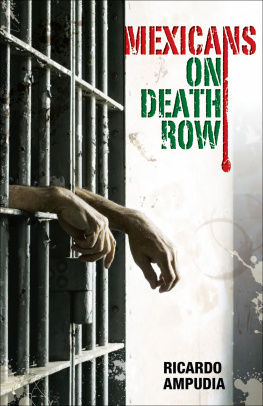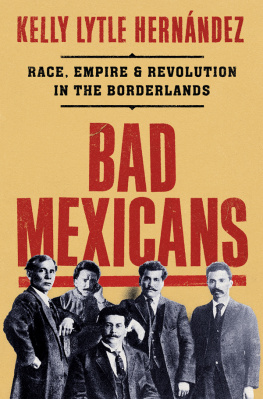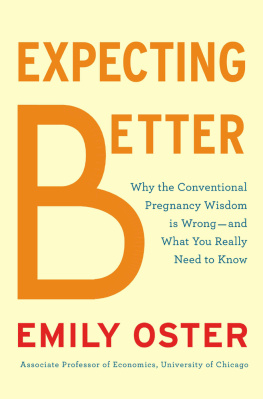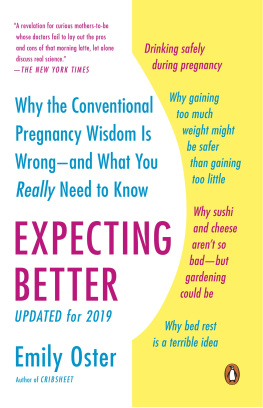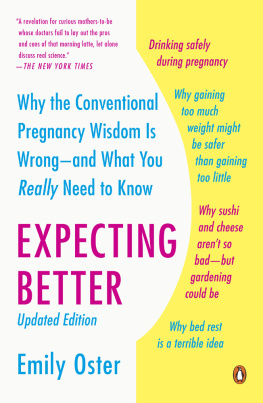I grew up a Midwesterner, so perhaps it was natural that Mexico was not part of my world. I never tried to avoid it. It just seems that most of my life I voyaged around it.
My influences were the Irish, Dutch, and German traditions of Chicago, the influences of my parents. In my insularity, only belatedly did I come to realize that there were people called Mexicans whose land began in a young boys netherworld called the border. Other Mexicans, I remember hearing, lived a bit closer, in Chicago neighborhoods such as Pilsen. But for whatever reason, I never got there. Even when I became a reporter for the Chicago Sun-Times in 1973 and set out fresh-faced and eager, to discover all the secret, obscure aspects of the Second City, I never made it to these Mexican realms. They and all things Mexican remained terra incognita.
Although Mexico would later become very important to methe land of my adopted sonI thought very little about it as my career in journalism progressed. Even when I began covering foreign affairs from Washington, D.C., for the Sun-Times in 1978, Mexico was hardly ever what the diplomats call a front-burner issue. It seemedor so I thought at the timethat it would remain in the penumbra of my thoughts.
I did not make my first trip to Mexico until 1979. The details of it remain mostly a blur. I was part of the White House press corps accompanying President Jimmy Carter on a state visit there. It was a quick, in-and-out trip. I learned little of the country. We traveled in a presidential cocoon, protected from the unpleasant reality of Mexico City. The normally clogged streets and highways of the capital were rudely cleared of traffic by officious police to ease the way for our motorcade. We stayed at the best hotel in town, ate at the best restaurants. My experience was not unlike that of most of the four million U.S. tourists who visit the country each year and come away with the impression that Mexico is mostly colonial costumes, mariachi bands, sunny beaches, spicy food, and impure water.
I came back to Mexico in 1981 with President Ronald Reagan to report on a summit meeting of Third World nations that he had agreed to attend. The meeting was held in the Caribbean resort of Cancn, which did little to improve my knowledge of the country. Finally, in 1982, I returned on my own to cover the beginning of the economic crisis that still grips Mexico today. Only then did I begin to get a glimmer of the importance and complexity of the country. It was only a two-week visit, though, nothing more than an interesting diversion from what seemed the important issues of the day: arms control, tensions in the Middle East, and the war in El Salvador. I still had no inkling that my fate and Mexicos would soon be linked. In fact, after experiencing Mexico Citys horrendous pollution, uncooperative bureaucrats, unworkable phones, and gridlocked traffic, I remember telling my wife upon returning home: I hope I never have to go back there again! In early 1984, however, Australian media magnate Rupert Murdoch bought the Sun-Times , and I found myself looking for a new job. Mentally, I was heading east, hoping for an overseas post in Lebanon, which was red-hot at the time. But something was pulling me south. And I wound up in Mexico.
In July 1984, shortly before I left Washington to become the Mexico City bureau chief for the Knight-Ridder newspaper chain, I met author David McCullough, who told me that I should consider my new post a wonderful opportunity, even though it might not seem to be where the action was.
I envy you, said McCullough, who had just spent a lot of time in Latin America researching The Path Between the Seas , his fine history of the Panama Canal. A person who knows about Mexico will be worth something.
Inspired partly by that chat, I threw myself into my new beat, delving into every aspect of Mexican life that I found new, interesting, or weird. By the fall of 1986, after more than two years on the job, I was feeling that I was getting to know this hard-to-fathom beast called Mexico. Then a strange thing happened. I found myself rummaging through the still pervasive rubble of the twin earthquakes that had struck Mexico City in the fall of 1985. I wanted to see why reconstruction efforts were taking so long. One of the areas I visited was Tepito, a gritty, center-city neighborhood famous for black-market operations. I met a man whose house had just been bulldozed as part of frantic city efforts to clean up damaged areas as the government prepared to report on the quakes one-year anniversary.
Im one of the Children of Snchez, the short, gregarious man told me.
By chance I had met Manuel Snchez, whose family had become an eponym for Latin American poverty thanks to Oscar Lewiss classic 1961 work, The Children of Snchez . Like many who come to Mexico, I had heard of Lewiss book but had not read it. Before leaving Washington, I had purchased a copy for my office library. But there it had stayed, victim of seemingly more pressing projects. I knew enough about the importance of the book, however, not to let the mythic Mr. Snchez slip through my fingers.
Id like to talk to you in a few weeks, I told him. Id like to write about whats happened to your family since the book was published.
Including a stop-everything, note-taking reading of Lewiss book, I spent more time reporting that story than any other during my tour in Mexico. I wrote more about the Snchez family than I did about any other topic. More important, I learned more about Mexico in the weeks I spent with the Snchezes than I had on any other reporting assignment. Many have said that daily journalism is a rough draft of history. I hadnt realized just how rough that draft was until I saw the rich detail and insights I gleaned from the time I spent with the Snchezes.
By the time I met Manuel Snchez, I had reported from twenty-six of Mexicos thirty-one states. I had covered Mexicos worst natural disaster, its worst plane crash, its worst industrial accident, and its worst economic crisis. I had reported on crooked elections and blatant police corruption. I had experienced the worlds worst pollution and some of its worst traffic. I had seen poverty so bleak that it made life in the West and South Side ghettos of Chicago seem almost bearable. But I came to realize that the reporting required to write my usual stories on such topics just scratched the surface of Mexicos complicated truth. I began to think about all the things I wasnt learning or writing about because journalisms deadline pressures wouldnt permit me to spend more time on other Mexicans stories. I began thinking about this book.








